Setsubun: Japan's Bean Throwing Holiday
Setsubun
Setsubun (節分), literally translating to “seasonal division,” is a festival from the Japanese lunar calendar that celebrates the coming of spring. Setsubun is usually celebrated between the 2nd and 4th of February to coincide with the season change.

In traditional times Setsubun was observed to chase away evil spirits before the start of the new season. People believed that during Setsubun the human world and the spirit world were close, therefore they needed to expel any roaming spirits that could be nearby. In the 13th century, Japanese would perform rituals at temples to scare the spirits away. Some of these rituals involved making noise or doing religious dances to expel the spirits, however the most common ritual was the “Mamemaki”, or “Bean throwing”. Beans are seen as a life force in Japan, and therefore have luck. People would throw beans at performers dressed as devils and then chant “Oni wa soto, fuku wa uchi”, meaning “Devils out, happiness in.” If a participant successfully scared away the evil spirits it would ensure good luck in the coming year. If you did not manage to scare away the spirits, they would linger and bring bad luck to you and your family.

In modern Japan these rituals have changed slightly. Families still gather to celebrate Setsubun, but instead of religious rituals and making noise, bean throwing has become the main event. Children and adults throw beans at temples and shrines, and also around the house and yell “Devils out, happiness in.” In some households an adult member of the family will dress up as the “Oni” or “Devil Spirit” and then the children can throw beans at them and chant until the devil flees. Once the devil spirit has finally been defeated, everyone eats the same number of beans as their age, plus one extra bean for luck. It is believed that if this tradition is followed correctly, then your family will have happiness and luck in the new season.

The final modern tradition on Setsubun is eating Ehomaki, a large sushi roll. Each year there is an auspicious direction chosen (North, South, East, West) and it is believed that if you eat the entire ehomaki roll in that auspicious direction, while remaining silent, then you will have good fortune. Although not a national holiday in Japan, Setsubun is a fun tradition for people of all ages and it has adapted well to the modern culture of Japan.



